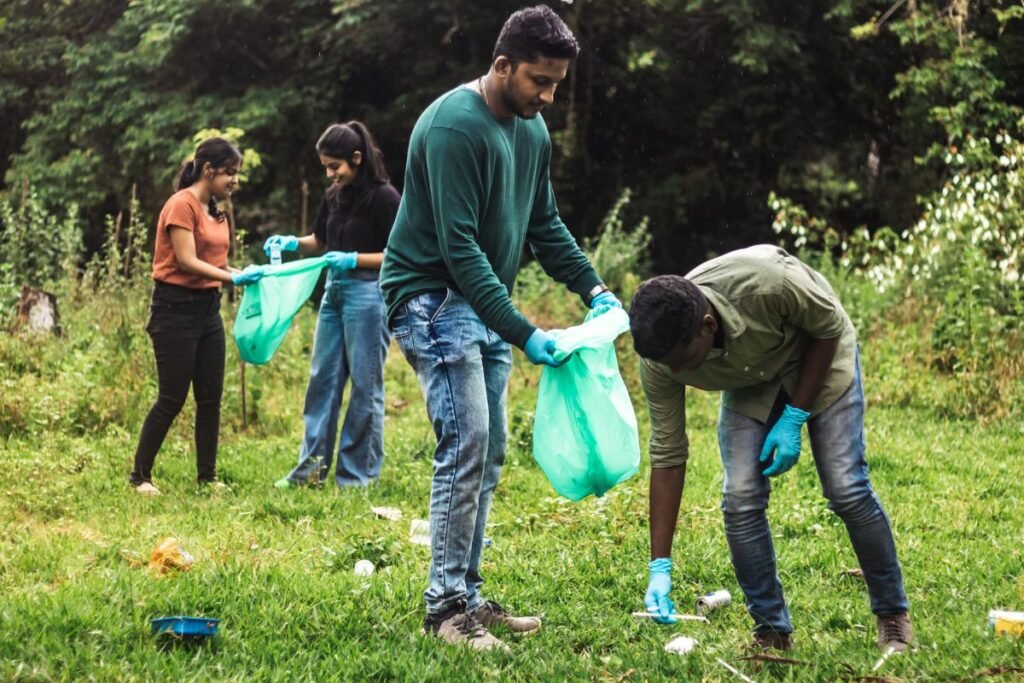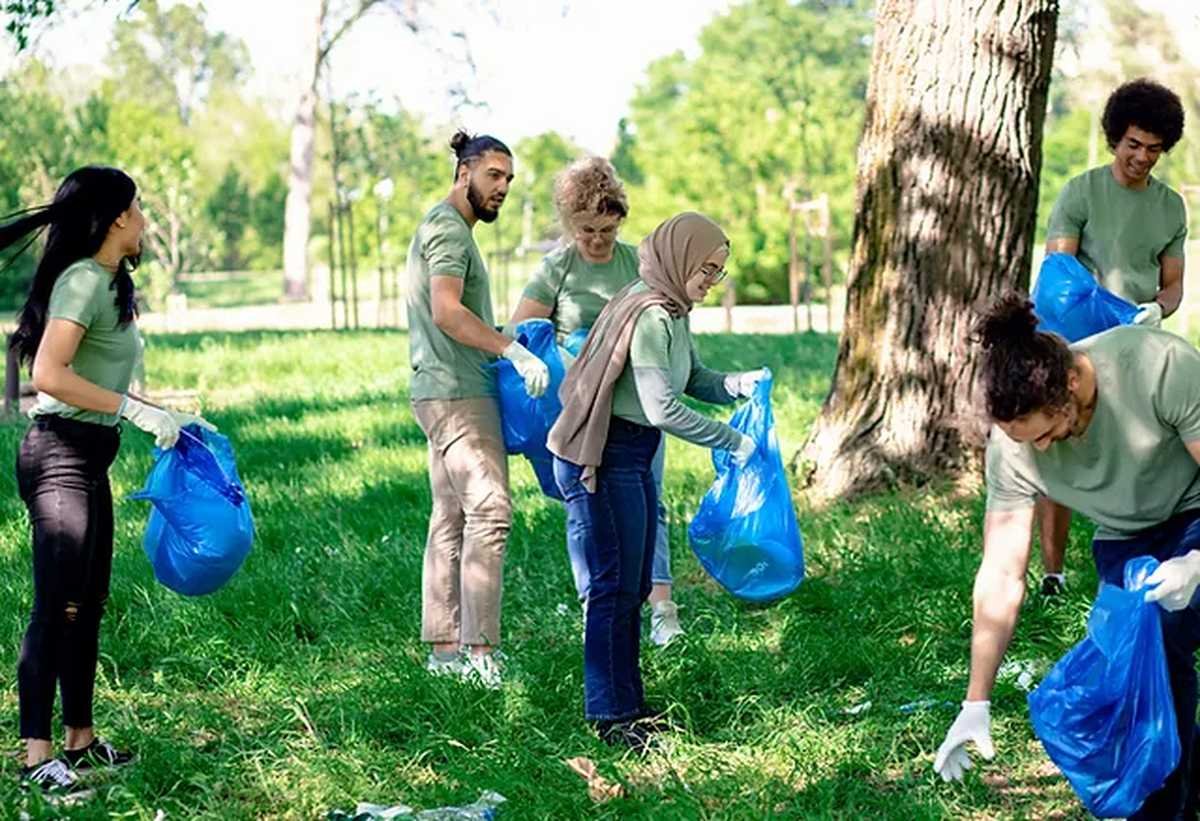Top Strategies for Sustainable Living
Adopting effective strategies for sustainable living is essential to protect the planet and ensure a better future for everyone. By making small but meaningful changes in daily habits, you can significantly reduce your environmental impact while saving money and promoting a healthier lifestyle. Below are some practical strategies for sustainable living that are simple to follow and easy to incorporate into your routine.
1. Reduce Waste at Home
One of the simplest strategies for sustainable living is cutting down on waste. Start by recycling paper, glass, and plastics. Compost kitchen scraps to create nutrient-rich soil for gardening. Additionally, consider buying reusable products like shopping bags, water bottles, and food containers to avoid single-use plastics.

2. Save Energy with Smart Choices
Energy conservation is a key component of sustainable living. Switch to energy-efficient appliances and LED light bulbs. Unplug electronics when they’re not in use to save electricity. Also, consider investing in a smart thermostat to control heating and cooling efficiently, reducing energy consumption and utility bills.
3. Adopt a Plant-Based Diet
Reducing your meat and dairy consumption is one of the most impactful ways to live sustainably. A plant-based diet requires fewer natural resources to produce and generates less greenhouse gas. Even committing to a few meat-free days a week can make a significant difference for the planet.
4. Support Local and Sustainable Businesses
Supporting local farmers and eco-friendly businesses helps reduce your carbon footprint. Locally sourced goods require less transportation and are often produced more sustainably. Choose companies committed to ethical practices and environmentally friendly products.
5. Use Water Wisely
Conserving water is another vital strategy for sustainable living. Fix leaks promptly, install water-efficient fixtures, and use rainwater for gardening. Simple habits like turning off the tap while brushing your teeth or washing dishes can save gallons of water every day.
6. Embrace Sustainable Transportation
Switching to sustainable transportation options reduces air pollution and conserves natural resources. Opt for walking, biking, or using public transportation whenever possible. If you need a car, consider an electric or hybrid model to minimize emissions.
7. Choose Renewable Energy Sources
Transitioning to renewable energy sources is an excellent way to live more sustainably. If feasible, install solar panels or wind turbines at home. Alternatively, research green energy options provided by your utility company to reduce reliance on fossil fuels.
8. Practice Conscious Consumerism
Being mindful of what you buy is essential for sustainable living. Invest in high-quality items that last longer rather than cheap products that wear out quickly. Before purchasing anything new, ask yourself if it’s truly necessary. Reducing consumption not only helps the planet but also saves money.
9. Grow Your Own Food
Gardening is a rewarding way to contribute to sustainability. Growing your own fruits, vegetables, and herbs reduces reliance on store-bought produce, which often involves long-distance transportation. Even a small garden or potted plants on a balcony can make a difference.
10. Spread Awareness About Sustainability
Educating others about strategies for sustainable living can amplify your efforts. Share tips and resources with friends and family, or join local community initiatives focused on environmental conservation. The more people adopt sustainable practices, the greater the collective impact.
Conclusion
Incorporating strategies for sustainable living into your daily life doesn’t have to be overwhelming. Small, consistent steps like reducing waste, conserving energy, and supporting eco-friendly practices can lead to big changes. These actions not only protect the environment but also promote a healthier and more mindful way of living. Start today, and encourage others to join you on this journey toward a more sustainable future.



